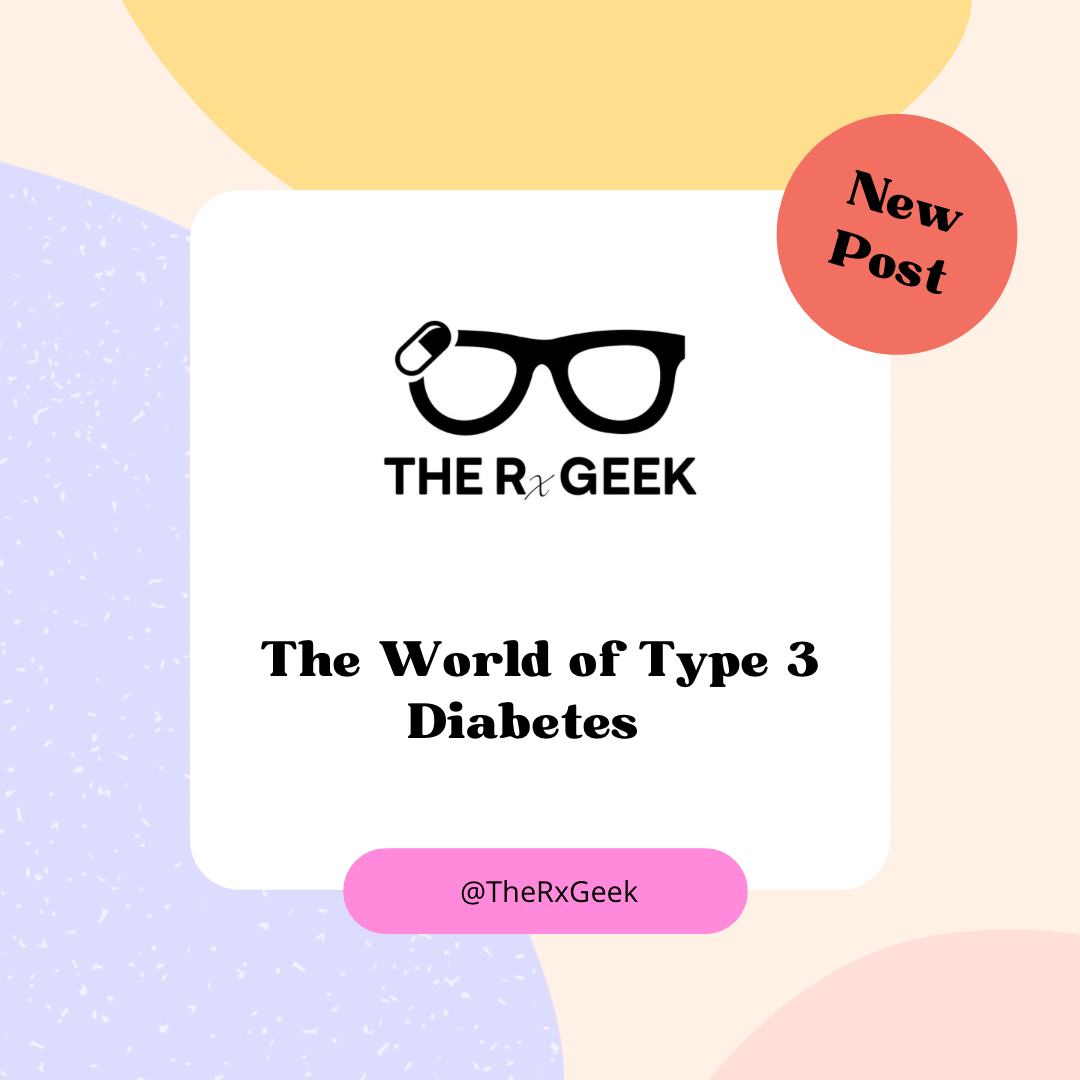In recent years, scientific research has shed light on a fascinating connection between two seemingly unrelated conditions: diabetes and dementia. Traditionally, diabetes has been categorized into two types: type 1, characterized by the body’s inability to produce insulin, and type 2, marked by insulin resistance. However, emerging evidence has given rise to the concept of “Type 3 Diabetes,” a term coined to describe the link between diabetes and dementia.
First What is Diabetes?
Diabetes is a chronic metabolic disorder that affects millions of people worldwide. Type 1 diabetes is an autoimmune condition where the immune system mistakenly attacks the insulin-producing cells in the pancreas, leading to insufficient insulin production. Type 2 diabetes, on the other hand, arises when the body’s cells become resistant to the effects of insulin, resulting in elevated blood sugar levels. Both types of diabetes are associated with a range of complications, including heart disease, kidney damage, and nerve damage.
What is Type 3 Diabetes?
The concept of Type 3 diabetes, also known as “diabetes of the brain” or “brain insulin resistance,” was first proposed in 2005 by researchers studying the brains of Alzheimer’s disease patients. They found that the brains of individuals with Alzheimer’s exhibited insulin resistance and reduced levels of insulin and insulin receptors, much like the pancreas in type 2 diabetes.
Further investigations have revealed that insulin plays a crucial role in the brain, beyond its traditional role in regulating blood sugar levels. Insulin is essential for maintaining brain function, promoting neuronal growth, and facilitating communication between brain cells. Consequently, when insulin resistance occurs in the brain, it can lead to cognitive impairments and an increased risk of developing dementia.
The Alzheimer’s-Diabetes Connection
Alzheimer’s disease, the most common form of dementia, shares several characteristics with diabetes. Both conditions involve insulin dysregulation, inflammation, and the accumulation of toxic proteins. The accumulation of beta-amyloid plaques and tau tangles, which are hallmarks of Alzheimer’s disease, interferes with brain cell communication and impairs memory and cognition.
Research has shown that people with type 2 diabetes are at a significantly higher risk of developing Alzheimer’s disease and other forms of dementia. In fact, individuals with diabetes have a 50-100% increased risk of developing dementia compared to those without diabetes. This startling association has led experts to propose that Alzheimer’s disease should be considered as a form of diabetes that primarily affects the brain—hence the term “Type 3 Diabetes.”
Implications and Future Research
The identification of Type 3 diabetes has significant implications for both diabetes management and dementia prevention. By recognizing the link between the two conditions, healthcare professionals can adopt a more holistic approach to patient care.
For individuals with diabetes, maintaining optimal blood sugar control and adopting a healthy lifestyle can potentially reduce the risk of developing dementia. Similarly, lifestyle modifications that support brain health, such as regular exercise, a balanced diet, mental stimulation, and social engagement, may help reduce the risk of cognitive decline.
Additionally, the discovery of Type 3 diabetes opens up new avenues for therapeutic interventions. Researchers are exploring the potential benefits of drugs that improve insulin sensitivity in the brain, as well as medications that target the underlying mechanisms linking diabetes and dementia.
In summary, the emerging concept of Type 3 diabetes has unveiled an unexpected connection between diabetes and dementia. The recognition that insulin resistance and dysregulation in the brain contribute to cognitive decline has profound implications for our understanding of both conditions. By addressing the link between diabetes and dementia, healthcare providers can adopt a more comprehensive approach to patient care, focusing on both metabolic health and brain health. Continued research in this field holds promise for innovative interventions and improved outcomes for individuals affected by diabetes and dementia.

